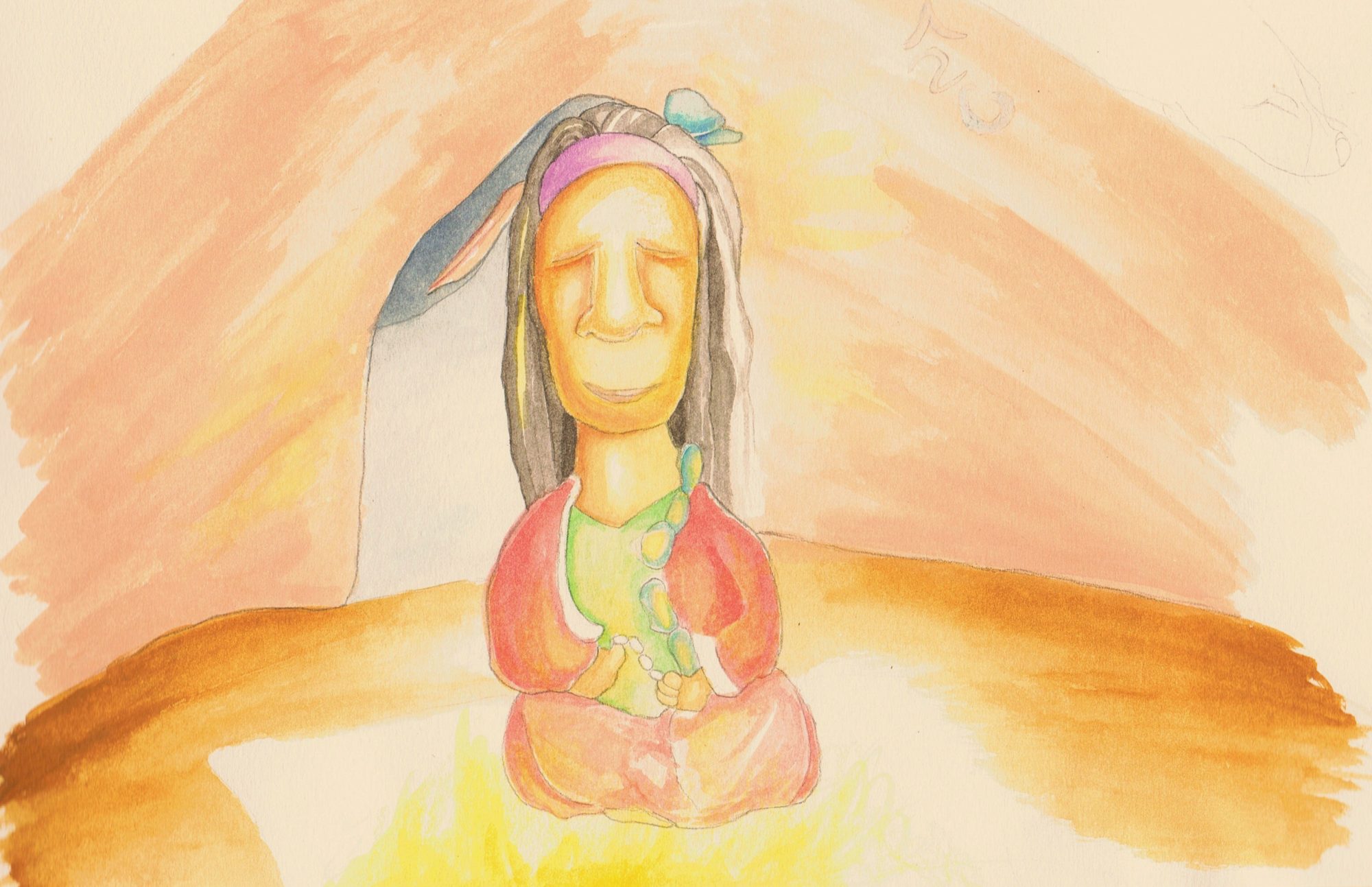Any illness is relative to the negative symptoms that are being experienced. Illness is not a quality but a perspective of a perceived experience. I am as ill as I perceive myself to be, based on the perspective that I currently believe myself to be experiencing.
Well-being is an emotional state of being based on a relative mental perspective of how well or how ill I feel. When I do not feel well, I look for the cause of my un-wellness, which I determine to be a particular illness. Naming a particular illness manifests it into my experience as real.
Unless I am diagnosed with a particular illness, other people may not believe that I am actually ill. There is an ironic sense of relief when an illness is professionally diagnosed. For some reason, when other people accept my illness, it becomes easier for me to tolerate and live with it.
When I operate my life in alignment with other people’s authority, I need them to allow me to be ill. The real irony is that it is another person’s authority that allows me to be ill. Authority is choice and when other people choose to believe that I am ill, they authorise my illness. They give me the negative power to be ill.
In a dual reality world, everything is relative to choice. Duality allows choice and choice allows experience to be discerned as positive or negative, judged to be good or bad and diagnosed to be well or unwell.
I experience my life as the reality of whatever I believe it to be, based on my personal experience of whatever is occurring. When I have no reason to think that I am ill, I experience only well-being. When I feel unwell, I look for the cause of my illness outside of myself and I usually find only the symptoms.
The cause of all illness is a mental experience based on a mental belief that manifests as a physical symptom. Without the mental capacity of my higher mind, it is impossible to know the mental incapacity that is causing my physical illness. It is equally impossible for my mental incapacity to determine my mental incapacity.
There is no rational or reasonable intellectual connection between the higher mind and the conscious Self. Rational intellectual intelligent reasoning is a function of the lower sub-conscious mind. It is my conscious mind that believes that I am ill, based on the reasoning of my sub-conscious mind.
The super-conscious higher mind knows only a wise, wealthy and healthy sense of well-being and happiness. As illness is relative to well-being and happiness, it is also a measure of the relative disconnection from the higher mind.
In a world of relative experiences, the deeper my attachment to my detrimental sub-conscious programming, the greater is my disconnection from my benevolent super-conscious mind. I am attached to my sub-conscious mind via my intellectual reasoning and I connect to my higher consciousness via my instinct & intuition.
My experience of life is relative to the depth of mis-alignment between my sub-conscious and my super-conscious perspectives of my life. When the opinions, beliefs and convictions that I sub-consciously hold are out of integrity with my authentic Self, I am relatively out of balance and experiencing a chaotic and detrimental perception of reality. When the natural balance & harmony in my life descends into a disastrous chaos it may be diagnosed eventually as dementia.
When the problems in my life become chaotically intense, there is a disaster waiting to happen. When a lot of little disasters keep occurring due to a breakdown of normal behaviour, the suspect is often diagnosed as dementia. When I am unable to solve my own problems in life and they are becoming more and more chaotic, other people sense that there is an imminent risk of disaster that needs to be avoided at all costs.
A diagnosis of dementia allows other people to officially take authority over and control of my life, in order to solve my perceived chaos and avert a disaster. These well meaning people in their efforts to solve an imminent problem are blind to the fact that a diagnosis of dementia is in itself a complete disaster.
For a sane, rationally intelligent person, the greatest disaster that could ever befall them is called dementia. Dementia is something that happens to you when other people believe that it is happening to you. Even a rational person, when they fear that their mental capacity is declining, requires the diagnosis of a qualified professional before they can acknowledge that they are indeed suffering from dementia. Whereas the relief of the diagnosis may soon be forgotten, the beliefs that cause the symptoms sub-consciously remain.
The greater the sub-conscious belief in its own mental incapacity, the greater the mental incapacity that is being experienced. The experience of dementia is relative to the sub-conscious beliefs that are the cause of the dementia. If I intuitively know that I cannot get dementia, I cannot but when I believe I can, I probably will and when I know I will, I definitely will. Such is the authority of the mind’s choice.
